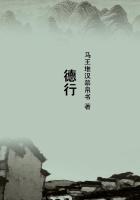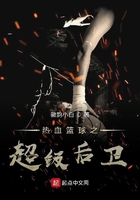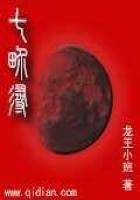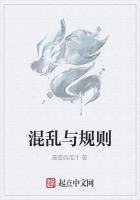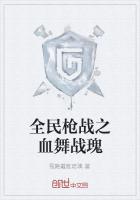The history of England, and of every free country, abounds with the example of statutes enacted when the people or their representatives assembled, but never executed when the crown or the executive was left to itself. The most equitable laws on paper are consistent with the utmost despotism in administration, Even the form of trial by juries in England had its authority in law, while the proceedings of courts were arbitrary and oppressive.
We must admire, as the key-stone of civil liberty, the statute which forces the secrets of every prison to be revealed, the cause of every commitment to be declared, and the person of the accused to be produced, that he may claim his enlargement, or his trial, within a limited time. No wiser form was ever opposed to the abuses of power. But it requires a fabric no less than the whole political constitution of Great Britain, a spirit no less than the refractory and turbulent zeal of this fortunate people, to secure its effects.
If even the safety of the person, and the tenure of property, which may be so well defined in the words of a statute, depend, for their preservation, on the vigour and jealousy of a free people, and on the degree of consideration which every order of the state maintains for itself; it is still more evident, that what we have called the political *******, or the right of the individual to act in his station for himself and the public, cannot be made to rest on any other foundation. The estate may be saved, and the person released, by the forms of a civil procedure; but the rights of the mind cannot be sustained by any other force but its own.
Section VII.
Of the History of Arts We have already observed, that art is natural to man; and that the skill he acquires after many ages of practice, is only the improvement of a talent he possessed at the first. Vitruvius finds the rudiments of architecture in the form of a Scythian cottage. The armourer may find the first productions of his calling in the sling and the bow; and the ship-wright of his in the canoe of the savage. Even the historian and the poet may find the original essays of their arts in the tale, and the song, which celebrate the wars, the loves, and the adventures of men in their rudest condition.
Destined to cultivate his own nature, or to mend his situation, man finds a continued subject of attention, ingenuity, and labour. Even where he does not propose any personal improvement, his faculties are strengthened by those very exercises in which he seems to forget himself: his reason and his affections are thus profitably engaged in the affairs of society;his invention and his skill are exercised in procuring his accommodations and his food; his particular pursuits are prescribed to him by circumstances of the age and of the country in which he lives: in one situation he is occupied with wars and political deliberations; in another, with the care of his interest, of his personal ease, or conveniency, He suits his means to the ends he has in view; and, by multiplying contrivances, proceeds, by degrees, to the perfection of his arts. In every step of his progress, if his skill be increased, his desire must likewise have time to extend: and it would be as vain to suggest a contrivance of which he slighted the use, as it would be to tell him of blessings which he could not command.
Ages are generally supposed to have borrowed from those who went before them, and nations to have derived their portion of learning or of art from abroad. The Romans are thought to have learned from the Greeks, and the moderns of Europe from both. In this imagination we frequently proceed so far as to admit of nothing original in the practice or manners of any people. The Greek was a copy of the Egyptian, and even the Egyptian was an imitator, though we have lost sight of the model on which he was formed.
It is known, that men improve by example and intercourse; but in the case of nations, whose members excite and direct each other, why seek from abroad the origin of arts, of which every society, having the principles in itself, only requires a favourable occasion to bring them to light? When such occasion presents itself to any people, they generally seize it; and while it continues, they improve the inventions to which it gave rise among themselves, or they willingly copy from others: but they never employ their own invention, nor look abroad, for instruction on subjects that do not lie in the way of their common pursuits; they never adopt a refinement of which they have not discovered the use.
Inventions, we frequently observe, are accidental; but it is probable, that an accident which escapes the artist in one age, may be seized by one who succeeds him, and who is better apprised of its use. Where circumstances are favourable, and where a people is intent on the objects of any art, every invention is preserved, by being brought into general practice; every model is studied, and every accident is turned to account. If nations actually borrow from their neighbours, they probably borrow only what they are nearly in a condition to have invented themselves.
Any singular practice of one country, therefore, is seldom transferred to another, till the way be prepared by the introduction of similar circumstances. Hence our frequent complaints of the dullness or obstinacy of mankind, and of the dilatory communication of arts, from one place to another. While the Romans adopted the arts of Greece, the Thracians and Illyrians continued to behold them with indifference. Those arts were, during one period, confined to the Greek colonies, and during another, to the Roman. Even where they were spread by a visible intercourse, they were still received by independent nations with the slowness of invention. They made a progress not more rapid at Rome than they had done at Athens; and they passed to the extremities of the Roman empire, only in company with new colonies, and joined to Italian policy.

